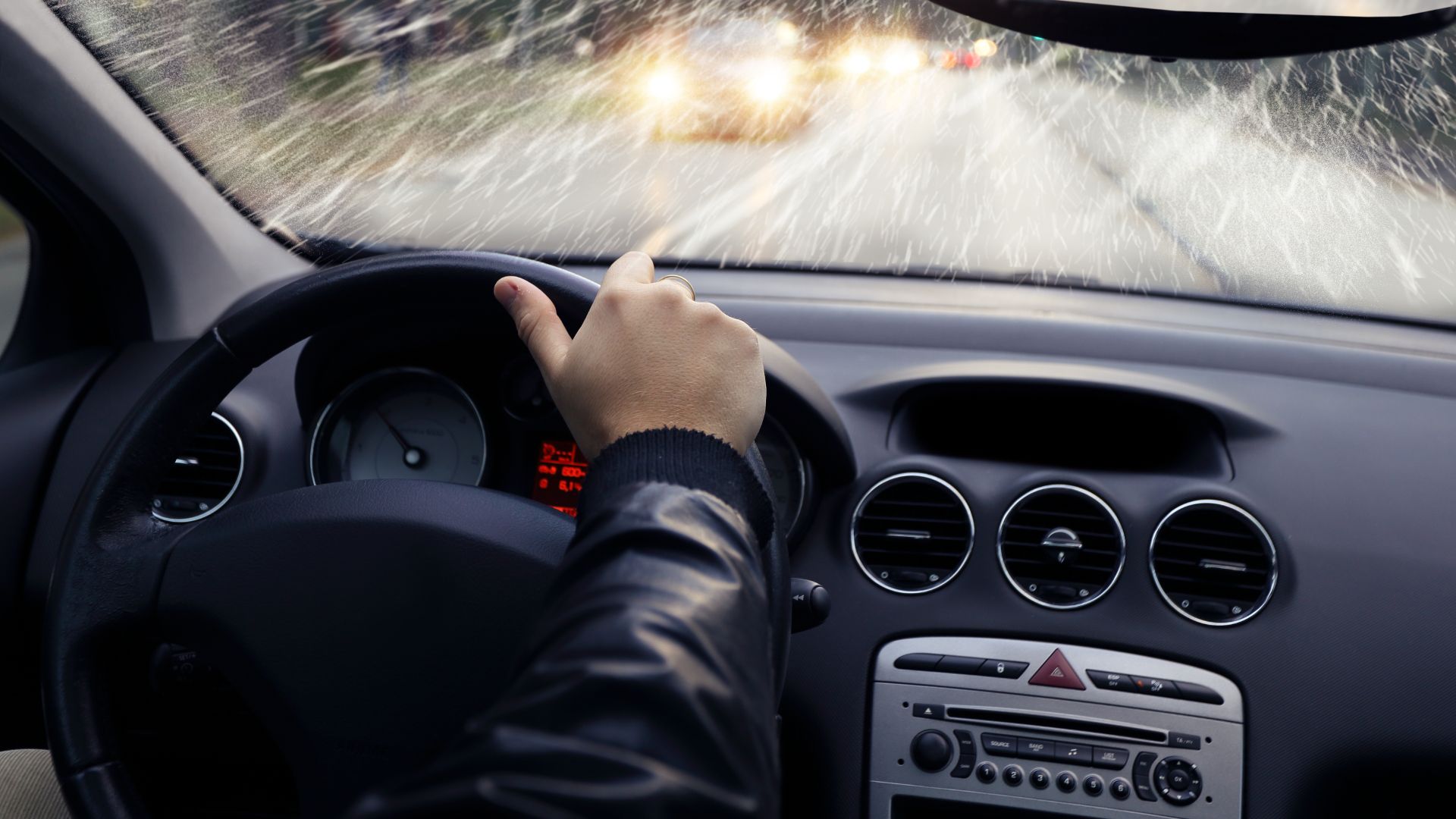
Many people have already switched to commuting by car as a means to avoid public transport during the coronavirus pandemic. And as winter tightens its grip, with freezing temperatures and dark roads, the temptation to drive is stronger still.
If you are driving more this winter, you may hope to use less fuel – both for environmental reasons and to save money.
We have some helpful tips to cut your fuel consumption below. But first, let’s look at how winter takes its toll on your car.
How winter affects your car’s engine
Your car isn’t at its best in cold conditions. It becomes less efficient, revving harder as it takes longer to warm up. Cold oil increases friction and wear inside the engine, too.
Blasting the cabin heater also makes the battery work harder, as do ancillaries such as the rear window demister, heated seats, heated steering wheel and so on.
Mark Newberry of breakdown service Green Flag told us: “Drivers need to know how their vehicles are being affected by the seasonal drop in temperatures. Oil will be thicker in colder weather, until the engine warms up, increasing friction in both the engine and the gearbox, meaning that the engine will always have to work harder to make things move.”
Winter fuel saving tips
Here are four easy ways you can save fuel when driving in winter:
Don’t leave your car idling
It sounds obvious, but if you think you will be stationery traffic for a while, switch off your engine. Not only will you save fuel, you could also avoid a fine. Many modern cars have start/stop to do this automatically, of course.
Avoid short trips
Winter driving means it takes longer for your car’s engine to reach optimum temperature. Try to combine trips, using your car while it’s warm to save wear and fuel.

Limit which gadgets you use
Headlights, heater, heated seats, demisters for the windscreen, rear window and door mirrors – it all adds up to more energy and a bigger fuel bill. Wrap up and only heat the car as much as you need to.
Pump up your tyres
Aside from keeping you safe, the condition of your tyres also affects how much fuel you use. Make sure they’re pumped up to the correct pressures to get the best from your car.
ALSO READ:
Your guide to online car buying websites

